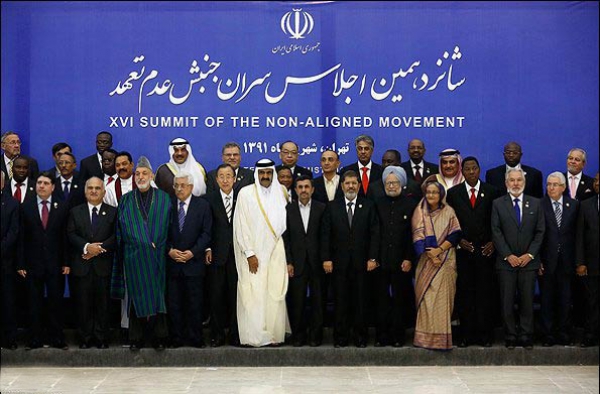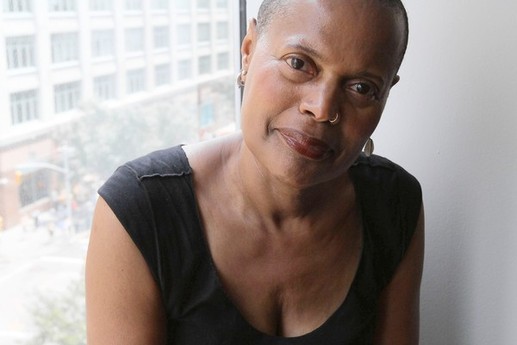The Notion of Anti-Colonialism
I had a chance to see the controversial new film 2016:Obama’s America. I hadn’t paid much attention to it until it became the highest grossing conservative documentary of all time. After seeing the film, I felt quite bemused by the story line. The film is based on conservative activist Dinesh D’Souza’s 2010 book titled The Roots of Obama’s Rage. The book and film claim that the basis for Obama’s political ideology comes from the radical “Founding Fathers” in his life, such as Palestinian scholar Edward Said, Weather Underground founder Bill Ayers, liberation theologian Jeremiah Wright and communist writer Franklin Marshall Davis. However, Obama was apparently mostly influenced by his biological father Barack Obama Sr. – a man he had only met once as a child. The elder Obama was a staunch anti-colonial socialist who played a role in Kenya’s independence.
And from this D’Souza theorizes that President Obama has a yearning to carry out his late father’s radical beliefs, as if he were a modern day Robin Hood stealing from the West to give back what was “stolen” from the developing world.
“He is trying to reduce America’s footprint in the world by stepping on America,” said D’Souza before a recent gathering hosted by Americans for Prosperity.
But what is so wrong with anti-colonialism, or the notion of anti-colonialism?
Last time I checked, the United States was a country built upon the ideals of anti-colonialism. D’Souza must have forgotten about the original “tea party” that fought against British tax policies by throwing tea into the Boston Harbor. D’Souza was born in India, a country that has its own colonial legacy with Britain. He also says that he came to the United States to pursue the great “American Dream” by attending Dartmouth College and becoming an advisor for the Reagan administration – a dream he claims he would not have been able to pursue in India.
D’Souza contends that Obama is an American (that’s right; D’Souza is not a birther) who also had the same opportunity for that American dream, but has instead used his opportunity by manipulating people using his biracial heritage and dynamic speaking ability from college to the White House, all while secretly harboring his Marxist ideas of bringing down the country.
In the movie, D’Souza cites a number of examples of Obama degrading America, such as cutting back financial and military support to Israel, siding with Argentina’s claim to the Falkland Islands and allegedly backing the Muslim Brotherhood in Egypt. D’Souza went as far as getting the president’s half brother George Obama to admit that Kenya was better off under British colonial rule.
Coincidentally, this movie’s release came around the same time as the Non Alignment Movement (NAM) summit in Tehran. NAM was set up in 1961 to create a buffer zone for newly independent countries that wanted to find their own identity instead of siding with the United States or the Soviet Union during the Cold War.
However, in recent years it has been criticized for not being relevant. But given that 120 countries are represented at the summit and host country Iran has become the center of the world’s attention with its nuclear testing and its growing tension with Israel, NAM is possibly more relevant now than ever. Iran is taking over as NAM’s chair through 2015, and this could make some big political waves in the near future. Furthermore, many of the issues that were the foundation of NAM’s birth 50 years ago still exist in the formerly colonized world, such as racism, foreign aggression, hegemony and neo-colonialism.
Considering that D’Souza comes from one of the founding countries of NAM, it comes as a bit of a surprise that he would hold the views that being anti-colonial is being anti-American or even anti-freedom. Doesn’t the world need less racism, foreign aggression, hegemony and neo-colonialism? If Obama wants to make the world a fairer place or be Robin Hood, is that really a bad thing? Isn’t this part of the American dream too? It is outrageous to say otherwise.

